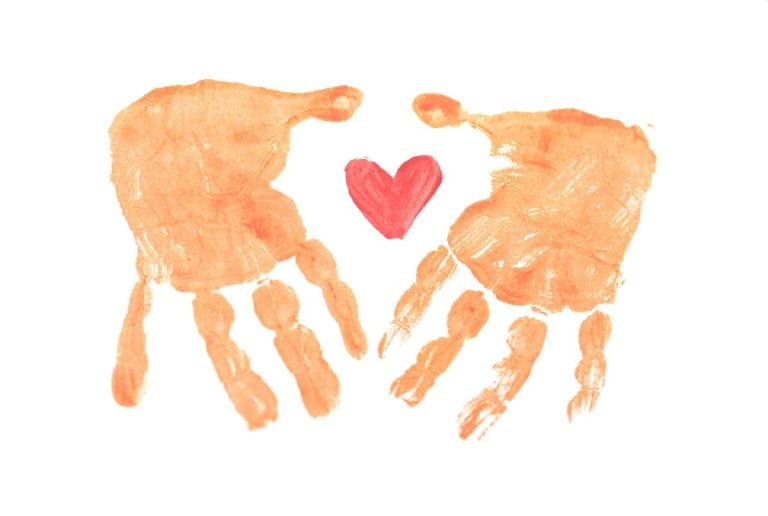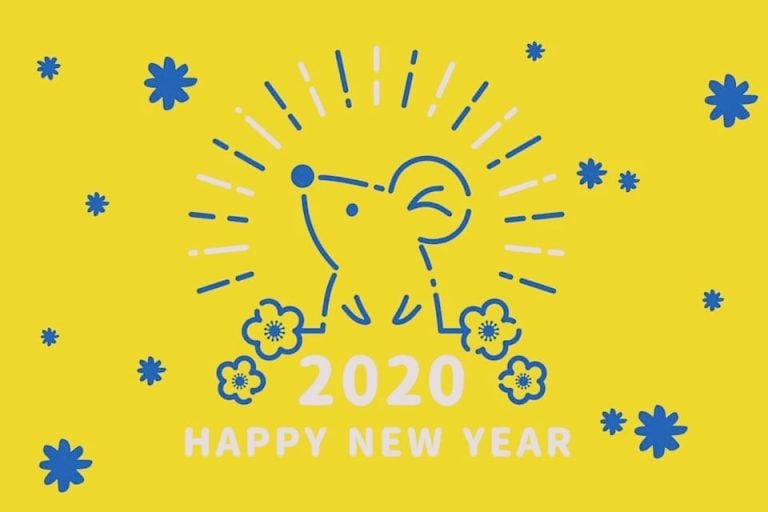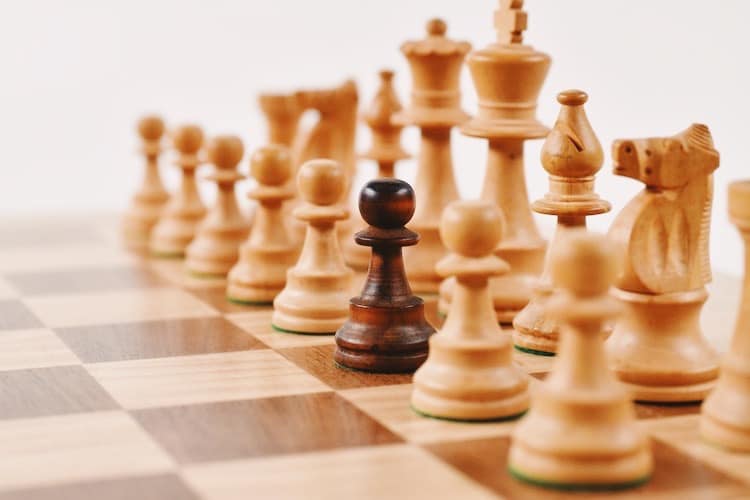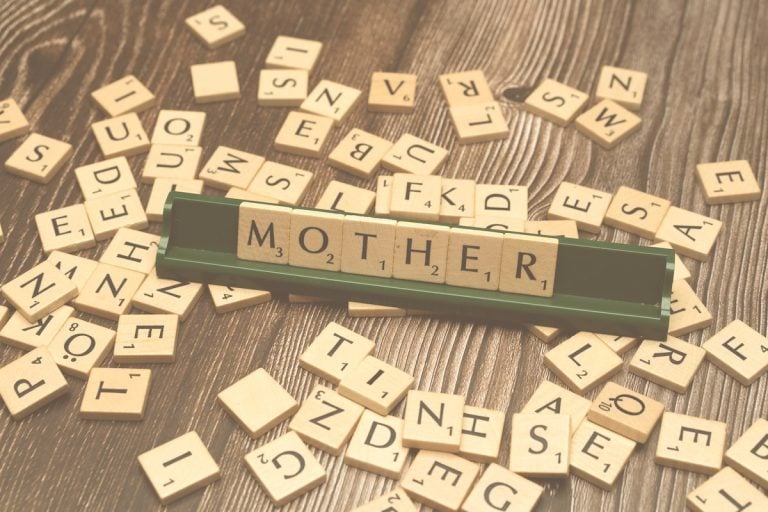The Star of Sage and the Pope’s Legacy: A Spiritual Reflection on Faith and Humanity

In 2025, shortly after Easter, Pope Francis passed away. Months before, global headlines had already been abuzz with news of his declining health—an unease that seeded deeper questions within me. This wasn’t just a monumental event in the religious world; it became, for me, a moment of introspection—an invitation to revisit my own beliefs, memories, and sense of spiritual identity.
I was reminded of something my teacher mentioned during the yearly forecast session for 2025: “This year, we may see the passing of a world-renowned religious leader.” Back then, two names immediately came to mind—the Pope and the Dalai Lama. And now, that vision quietly unfolds into reality.
Spiritual Stars in Zi Wei Dou Shu: Advisor, Sage, and Desire
In Zi Wei Dou Shu (Imperial Astrology), there are three major stars often associated with religion, philosophy, and spirituality:
- Advisor (Tian Ji 天機): the star of logic, reflecting the rational mind behind belief systems.
- Desire (Tan Lang 貪狼): the star that yearns for transformation, seeking mystical or religious experiences.
- Sage (Tian Liang 天梁): the star of compassion, healing, and spiritual guardianship.
Pope Francis, in many ways, embodied the essence of the Sage star. He was known for his compassion, humility, and fierce commitment to justice. He challenged traditional structures, embraced the marginalized, and lived his faith through action. From kissing lepers to washing the feet of prisoners, even once working as a nightclub bouncer in his youth—his life was remarkably human, grounded, and relatable.
A Pope Unlike Any Other: Mercy Over Judgment
Though I’ve never had a natural affinity for Christianity (more on that later), this Pope made me respect the word “faith” again. I still remember his famous quote: “Who am I to judge?” That line stayed with me, carving a space for reverence within my skeptical heart.
- He stood for environmental protection, insisting that faith and ecological responsibility need not be at odds.
- He embraced LGBTQ individuals, challenging outdated perceptions of love and identity.
- He publicly apologized for the Church’s past scandals, offering transparency and accountability.
- He condemned structural injustice and poverty, speaking out against capitalist excesses.
- And he envisioned the Church not as a fortress, but as a “field hospital”—a place to accompany, not to judge.
Through these actions, Pope Francis helped me see that “religion” could be a language of love and humanity, not just a rigid system of dogma and repression.
When Faith Feels Like Fear
My discomfort with Christianity was rooted in childhood memories. In Taiwan, telephone poles were often plastered with apocalyptic slogans like “Believe in Jesus and be saved—or burn in hell.” Such messages felt more like threats than invitations to faith.
One moment that never left me: in college, a Christian friend once told me, “You’re going to hell because you don’t believe in Jesus.” I wasn’t scared—just stunned. I remember thinking: Shouldn’t God be about love and acceptance? Was this really divine judgment, or just a projection of human righteousness?
In contrast, during my years in California, I rarely encountered such rhetoric. Many of my Christian friends here were curious about astrology, tarot, or even fortune-telling (which are forbidden for Christian in Taiwan.) They welcomed open discussions about life’s meaning and spiritual exploration. That made me realize: if faith can’t coexist with diversity, it loses its spirit. Faith built on fear is not faith—it’s control.
The Film That Changed Me: Religulous
Years ago, I watched Religulous, a documentary by comedian Bill Maher. The title itself is a mix of “religion” and “ridiculous,” and in it, Maher visits churches, mosques, and synagogues around the world, questioning religious dogma with biting wit.
One line hit home: “Doubt doesn’t mean disbelief—it means you’re still searching.”
Though sometimes provocative, the film wasn’t an attack on belief itself. It was an honest inquiry: Why do we believe? Have we just inherited rules we’re not allowed to question?
To doubt is not shameful—it’s essential. Real faith doesn’t begin with blind acceptance but with the courage to confront confusion.
Sage Star and the Ambiguity of Spirituality
In Zi Wei Dou Shu, the Sage (Tian Liang) governs religion, ethics, medicine, and the longing for transcendence. But interestingly, it’s also associated with more ambiguous domains like addiction or gambling.
This duality may sound contradictory but is profoundly insightful. Modern psychology tells us that addiction often stems from emotional trauma and spiritual emptiness—not just indulgence. Historically, mind-altering plants were part of spiritual rituals across many cultures, used to open channels to the divine.
One of my college roommates once excitedly told me that Jesus was “probably a pothead”—a tongue-in-cheek comment, yes, but it points to a deeper question. Some scholars now speculate that the biblical plant “calamus” might have actually referred to cannabis, possibly used in ancient sacred oils. While not academically accepted, these theories hint at an ancient truth: that religious practices often included herbal tools for spiritual awakening.
From India to South America and the Mediterranean, countless civilizations used plants to bridge the physical and the spiritual. The Sage star sits precisely in that space—between compassion and illusion, faith and fragility, healing and escapism.
Cross-Cultural Faith and the Shock of Jerusalem
I’ve always had a fascination with European history and a love for medieval and period dramas. Many of my friends come from European Jewish backgrounds, offering me a richer understanding of how religious identity intersects with historical trauma and cultural resistance.
Visiting Jerusalem was a turning point. In this city revered by Jews, Muslims, and Christians alike, the air itself feels tense. Every corner is heavy with conflict—sacred, political, personal. In that place, I understood something deeper: when faith becomes entangled with power, it loses its purity.
In such contexts, religion isn’t just a path to the divine. It becomes a weapon—a tool of exclusion, domination, and war. The ongoing unrest in the Middle East is a tragic testament to how faith, once used to unite, can be manipulated to divide.
After the Pope: How Do We Keep the Dialogue Going?
This article isn’t a eulogy for a religious figure, nor a critique of organized religion. It’s an internal reckoning—dedicated to the child in me who questioned belief, to the college student told she was going to hell, and to the adult still navigating the space between astrology, philosophy, and spirituality.
Faith should never be about fear. It should be a vessel for compassion, for contradiction, for the complexity of being human.
A truly great religion doesn’t scare you. It makes you feel seen.
Subscribe to Newsletter
I share insights on Zi Wei Dou Shu, reflections on life, and practical guidance to help you navigate your journey.—subscribe and stay inspired!
Unlock the Secret of Destiny
Follow me on Facebook for fortune insights, life coaching, and wisdom from Zi Wei Dou Shu!





